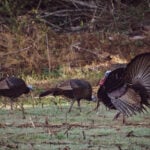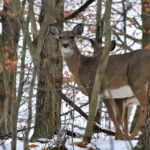In today’s ever increasingly hectic world, every available moment spent afield is of significant value. Long work hours, family obligations, and chores on the home front, at times, leave us wishing for a spare moment to slip away to the woods. For this very reason, it is of prominent value to take full advantage of every outing, putting yourself in the best possible contention to make your hunt count.
This as it may, how does a hunter ensure that they are getting every ounce of potential success from each successive outing? What does making the most of every hunt mean and how does one go about putting this ideology into practice? Sometimes these questions are best answered by first seeking out and eliminating all that impedes your ability to maximize every moment of your hunt.
To truly squeeze every ounce of potential from each outing, you must head to the stand in sufficient form, both mentally and physically. With the correct frame of mind and a keen awareness regarding the avoidance of unwitting self-sabotage, you will be at the top of your game. What follows is a list of common hunt dampening oversights that are best avoided in order to maximize your hunt’s potential.
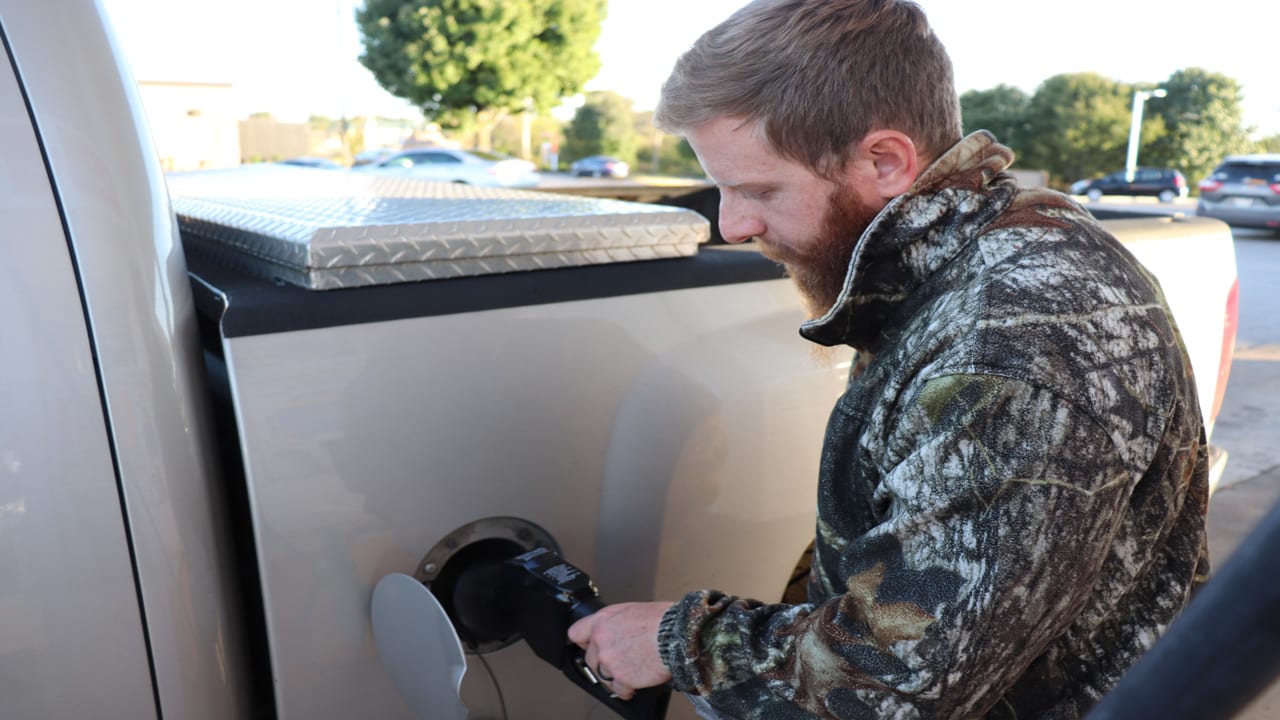
Think about the things you do before the hunt and how they might impact your opportunity for success.
Avoid Unnecessary Odor
It is overwhelmingly common knowledge that a whitetail deer has an uncanny ability to pinpoint a hunter with the assistance of their profound sense of smell. If this comes as a surprise, you have more than likely never had the honor of hanging your head in disgust while being picked off and blown at by an extremely meticulous matriarch doe. Much to our dismay, this scenario occasionally plays out even when attempting to practice stringent scent control.
However, what is often overlooked pertains more to what we, and our clothing, have been exposed to prior to a hunt, than what measures we have taken to eliminate the scent that exists. It is far simpler to eliminate foreign odors if their presence is minimal to begin with, in contrast to attempting to eliminate additional odors that have been added to the equation.
Often overlooked sources of foreign odor can come in many forms. One such source of odor that is commonly encountered is that of fuel and exhaust fumes. Is your fuel tank on the low side when heading to the stand? Avoid pumping fuel while in your hunting attire, as this creates yet another scent control bullet that must be dodged. Do you access your stand with the assistance of an ATV? If so, then you can cut down on exhaust odor by changing into your outer layers of clothing upon reaching your destination.
Another often overlooked source of foreign odor is that which is emitted by food. A nice warm breakfast is always welcome before heading to the woods. However, skillet fried bacon and eggs is not a scent that is commonly encountered by deer. Do you like a lunch hour meal before an afternoon hunt? Make sure you aren’t taking the odors of your meal with you. For this reason, it is advisable to avoid changing into your hunting gear until after your meal has been consumed. It is also best to avoid foods that contain strongly scented ingredients such as garlic, as your breath can be a substantial source of human odor.
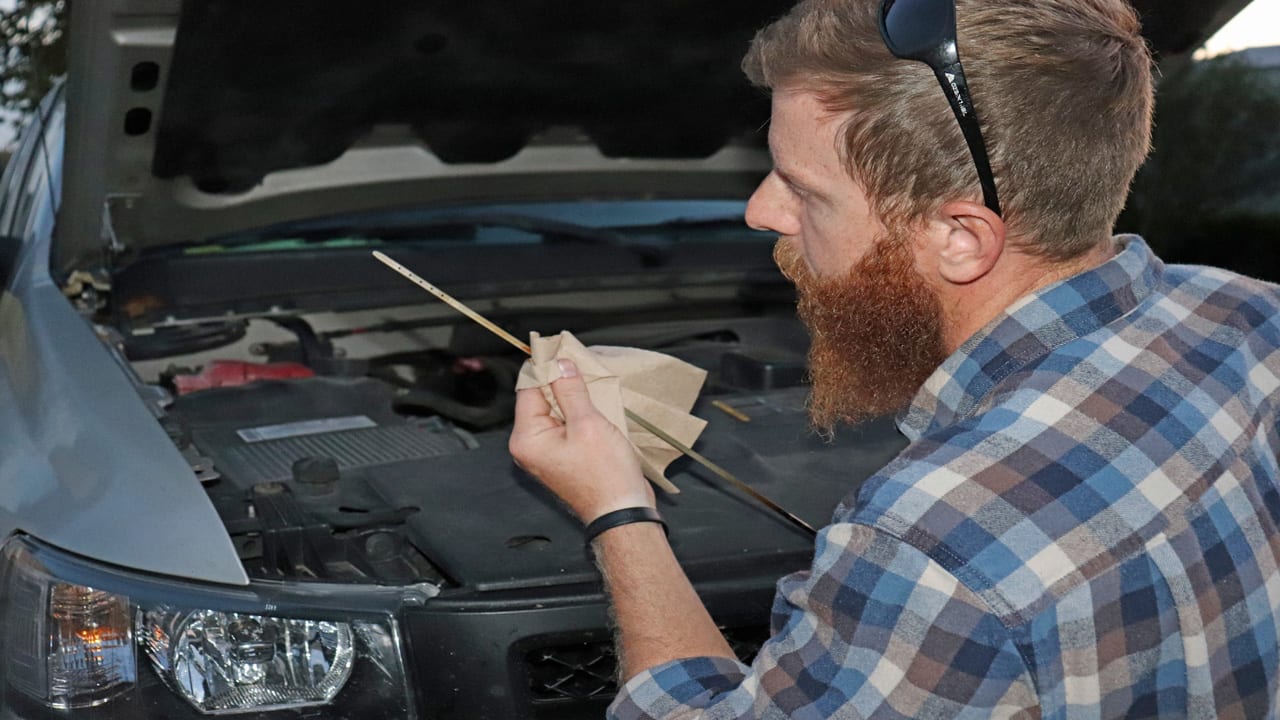
Avoid picking up the smell of fuel, oils and odors before the hunt, especially while wearing your hunting gear.
Avoid Property Intrusions
Deer are typically creatures of habit. Their day to day movements are based on an instinct for survival, that typically revolves around the avoidance of the unknown. However, this same sense of survival will also lead to significant changes in behavior, should a notable disturbance in their standard areas of inhabitance take place. When pressured, deer react accordingly to sustain survival, and this often is of little benefit to a hunter.
When striving to maximize your upcoming hunt’s potential, it is best to avoid any unnecessary disturbances to the area. When repeatedly entering a significant portion of a farm of which you intend to hunt, for any variety of reasons, you are alerting deer of your presence and manipulating their behavior in response to your coming and going.
One of the most common offending behaviors that has the potential to end your hunt before it ever begins, is over frequenting an area for the purpose of checking trail cameras. Although the information garnered by a trail camera check can be of significance, entering into an area repeatedly to check these cameras can also push the same deer that your photos have recorded onto neighboring properties. Have you intruded excessively into a farm you intend to hunt? Deer are unforgiving when faced with human interaction.
Other forms of excessive human intrusion include frequent riding of ATVs within the confines of a property, last minute hanging of stands, significant tree trimming or property cleanup, and repeated scouting excursions that are in close proximity to bedding cover.
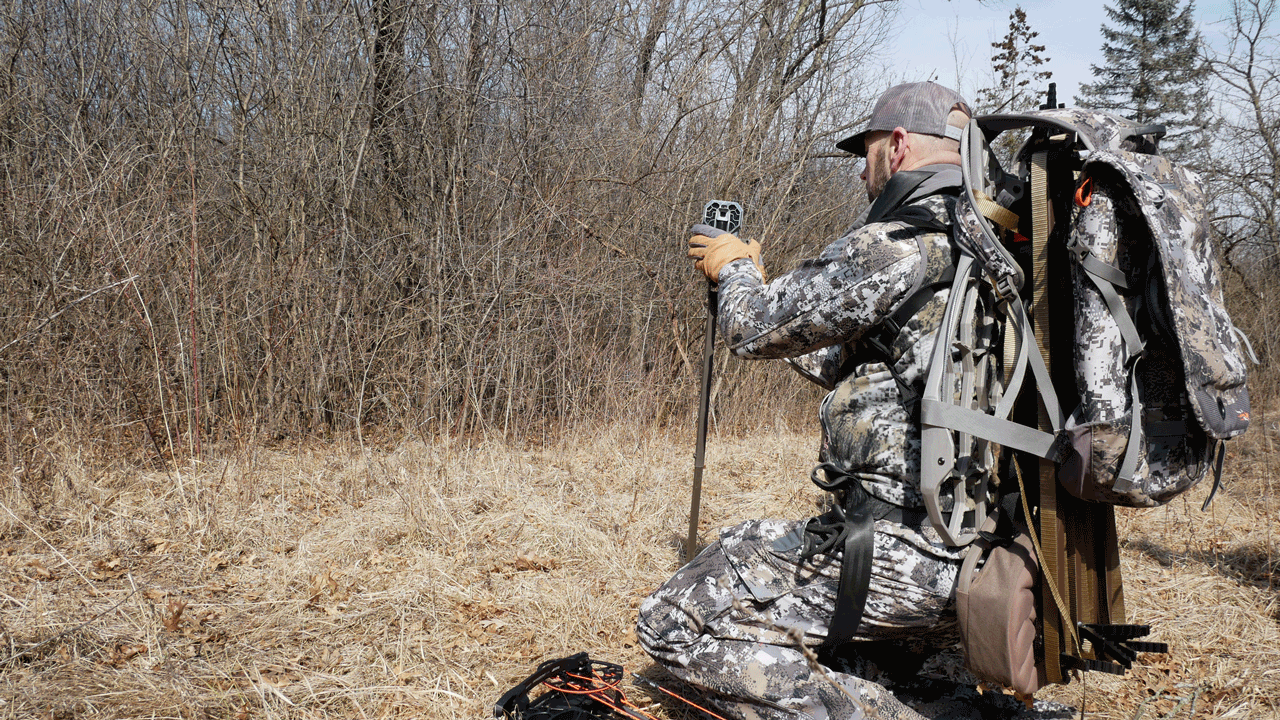
Checking trails cameras is a fun and exciting way to take inventory of your deer, but it can be detrimental to your success.
Avoid Being Patterned on Your Entry/Exit
This point carries over from the previous one, but, much like we pattern deer behavior on the property we hunt, you can bet those same deer pattern our behaviors as well. By the noise and commotion we make, they likely have us patterned much more than we ever thought possible. Think about it. We typically come and go about the same time each hunt. We go in and out in much the same way each hunt. Young deer may tolerate this routine behavior, but mature bucks will be on to you and move accordingly.
Make the effort to avoid being patternable this season. Stay stealthy. Don’t give the deer a leg up by getting stuck in a routine. Mix things up in your approach. Walk in and out via creeks or terrain depressions to avoid being seen or heard. Minimize as many unnatural noises as possible to cut down on the red flags you’re putting out there to the deer in your area as you enter and exit the property.
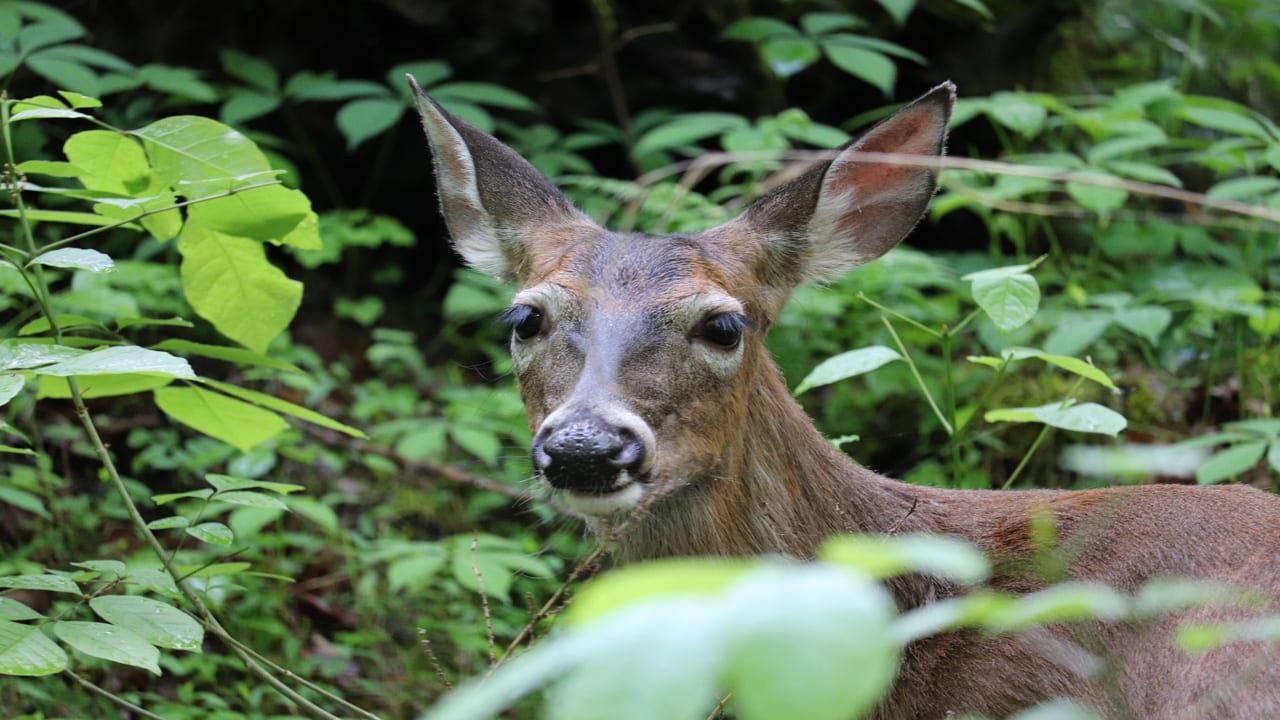
Avoid being patterned by the deer on your property.
Avoid Last Minute Equipment Changes Before the Hunt
We’ve all been guilty of it at one time or another. We add or remove something from our gear setup right before we head out to the woods. We make last minutes changes to our arrows, broadheads, nocks, release, bow sight, arrow rest, or others before heading to the woods. Don’t do it!
Such changes, without practice, tend to kill our confidence. It causes us to head to the woods “hoping” our gear is good enough to get the job done. A hope-so mentality is not what you want. You need to go to the woods with confidence that you are the deadliest hunter in the woods. Avoid those last minute changes.
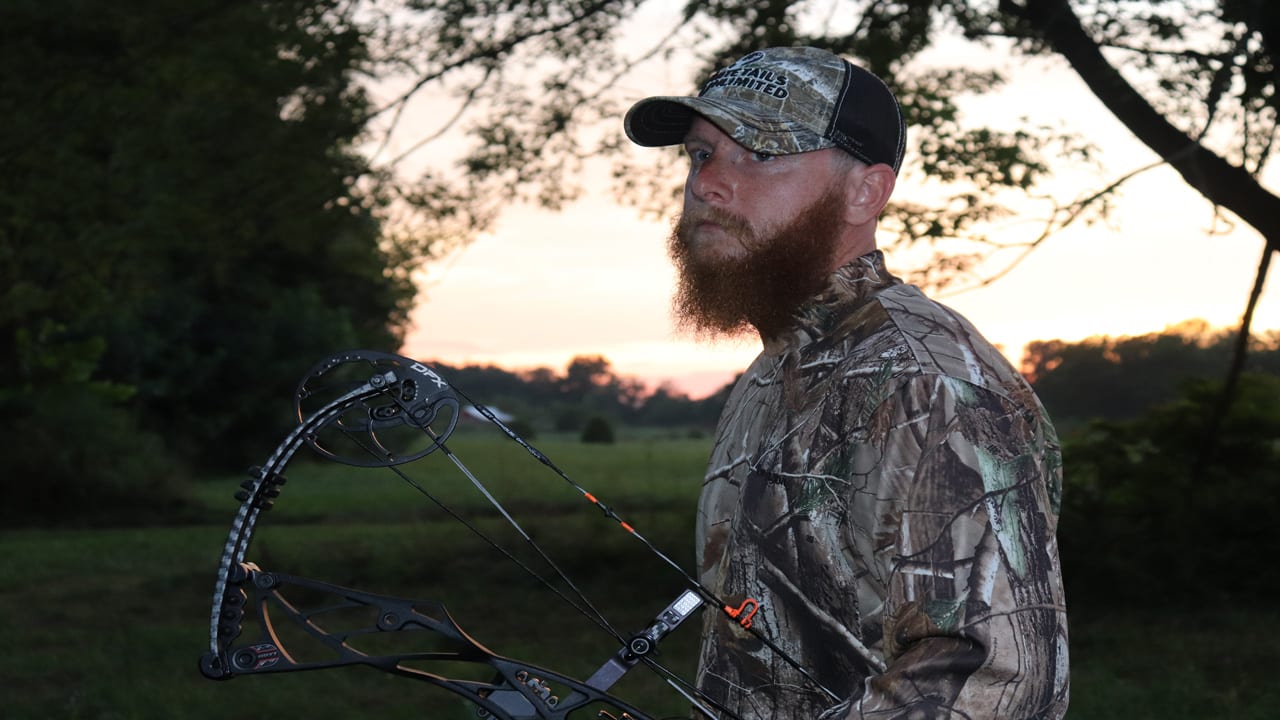
Don’t be caught second guessing your gear because of a last minutes equipment change.
Avoid Foods That Come Back to Bite You in the Treestand
There’s no need for a lot of details and descriptions on this topic. You get the point. You know the foods that will move through your system quicker than others. Don’t eat them! Don’t do it to yourself, it’s just not worth. Sure, the Mexican buffet sounded like a great option for lunch, but for many, it’ll only make for a tough situation when you’re sitting 20 feet up in a tree a few hours later.
Avoid the food and beverages that will work like laxatives in your life – at least before you head to the woods in search of deer.
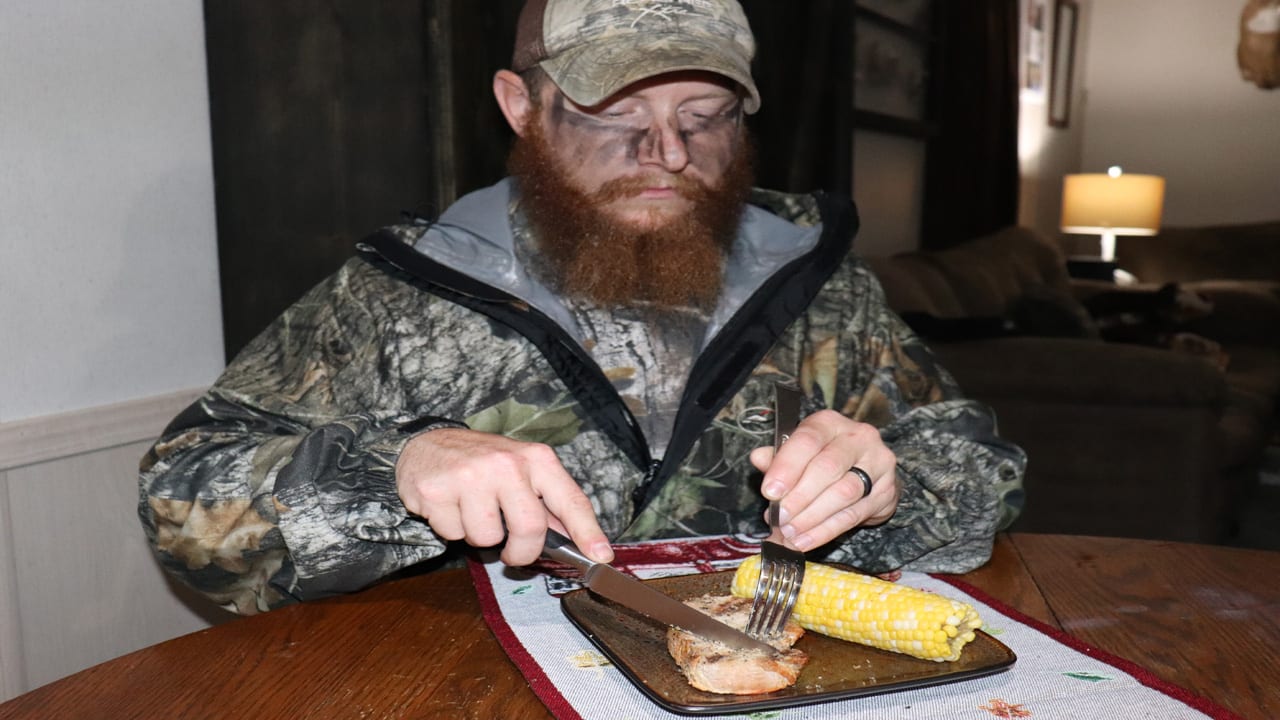
Watch what you eat before the hunt. It can stink up your clothes as well as make for a tough few hours in the treestand.
Avoiding Excessive Stress
You have meticulously monitored every aspect of your scent control regimen, made every effort to avoid imparting unnecessary pressure on the deer you hunt, and done everything in your power to prepare for a hunt of epic proportions. The question is, are you ready? The obvious answer is a resounding “yes.” But are you able to approach the upcoming hunt with a mind free of life’s clutter and stresses?
When reflecting honestly, most hunters will vividly recall the stress-free outings of their childhood years, free of the weight of responsibility that you are saddled with upon growing into adulthood. When faced with the thoughts of bills to be paid, deadlines to meet, and to-do lists to complete, the subtle enjoyment of an afternoon in nature’s splendor can easily become lost in the mix.
It is best, whenever possible, to leave your cares and stresses at the truck. Although easier said than done, this can be attainable if made a priority. Attempt to clear your schedule in a way that allows time afield to be without worry of the work that awaits your departure from the woods. When we, as hunters, can no longer separate our work life from our time spent on stand, we have lost much of who we are and what we hold so dear.
While not all sources of pre-hunt stress can be avoided, many items of business can be seen to in advance, in turn allowing your mind to be at ease while in the stand. Getting a jump on vehicle maintenance is just one small consideration when working towards uncluttering and destressing your time spent afield. Avoid aggravating breakdowns by approaching vehicle maintenance in a proactive fashion. Work ahead to complete projects with deadlines in advance. Complete at home tasks during the week to avoid encroaching on your weekend whitetail retreat. These are just a few things that can be done in order to reduce stress and mental fatigue while in the stand.
Things You Should Avoid Before a Hunt – Conclusion
With the availability of time to hunt coming at a premium for most, we gain a stark reminder of how precious this time truly is. We now, more than ever, must make efficient use of each outing and seize upon every ounce of potential that it renders. By avoiding unintentional forms of self-sabotage, both mental and strategically, we take the stand in optimum form to fill our tags and our freezers. With our minds at ease and every reasonable precaution taken, we are now better for the experience, successful or not.

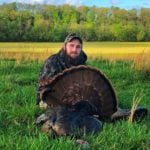 By
By 